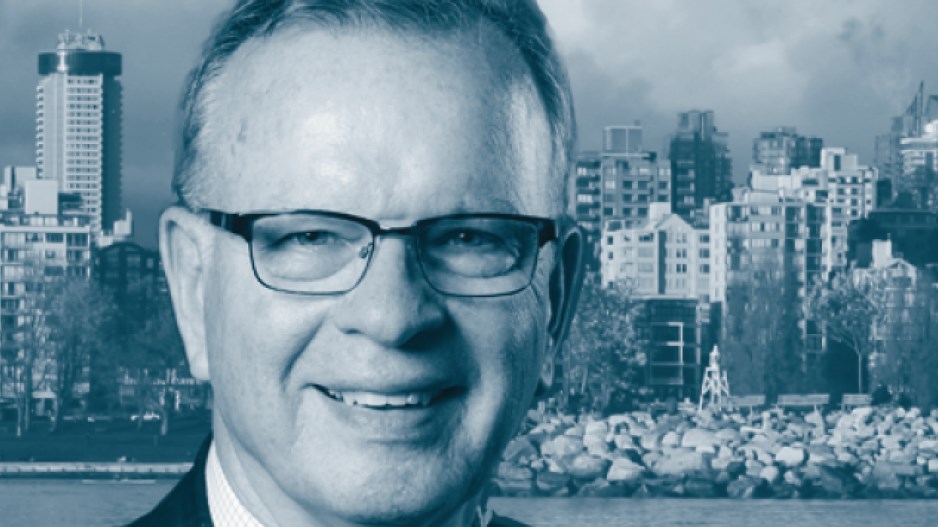I recently returned from the Hydrogen Americas Summit in Washington, D.C.
The message from industry and government officials from across the globe was clear: Hydrogen is a critical alternative clean energy source to power our future.
“Thanks to the amazing leadership of our Secretary of Energy, we are accelerating everything we do,” said Dr. Satyapal, director of the U.S Department of Energy’s Hydrogen and Fuel Cell Technologies Office. That’s true for the U.S., and Canada needs to keep up.
The Biden administration’s new pieces of legislation are game changers and require a thoughtful and strategic response from the Canadian government.
I was able to deliver a clear message from British Columbia – we aspire to be a global hydrogen leader and we are serious about supporting our hydrogen sector, but we cannot do this work alone.
In light of the global energy crisis and the ongoing Russian invasion of Ukraine, it is crucial that we move quickly together to a low-carbon economy. Hydrogen plays an important role in helping our province transition away from fossil fuels to a cleaner, low-carbon energy system, and helping us meet our CleanBC greenhouse gas reduction targets.
Ninety-eight percent of the electricity that British Columbia generates is clean or renewable. With our clean electricity, abundant natural resources and innovative companies, B.C. is becoming a world leader in the growing hydrogen sector. We are also the first province in Canada to release a comprehensive hydrogen strategy, which outlines our support for the development of low-carbon hydrogen in B.C.
We have also set up a B.C. Hydrogen Office, which serves as a “one-stop shop” to draw together all regulatory aspects of hydrogen projects to a single window, thereby encouraging investments into B.C.’s growing hydrogen economy.
Our province now accounts for about 60 per cent of Canadian research investment in hydrogen and fuel cell development. Companies like Ballard Power Systems, Loop Energy and HTEC have not only established themselves in Metro Vancouver, but they are also helping us meet our CleanBC goals and creating new, high-paying clean-tech jobs throughout the province.
We are also attracting global investment from companies, such as cellCentric, a joint venture of Daimler Truck AG and Volvo Group with ambition to become a leading global manufacturer of hydrogen fuel cells. When I asked cellCentric Canada CEO Andrea Engelen why the company chose Burnaby for their new facility, she told me that they had to be there. CellCentric considers Greater Vancouver the “Silicon Valley” of fuel cell technology.
Given B.C.’s proximity to key trading partners – such as California, Japan and South Korea – our province is well positioned to leverage our natural resources to serve a significant portion of the global hydrogen market.
Canada and the U.S. are partners in our global fight against climate change, but it’s also a race between the two countries. Canada’s former Innovation, Science and Industry Minister Navdeep Bains recently wrote an op-ed in the Financial Post titled “Keeping up with the Bidens – Canada needs to step up its climate change game.”
I agree with him that Canada needs to find a way to respond to the U.S. Inflation Reduction Act, which includes powerful financial support for alternative energy, including hydrogen development. President Biden’s Infrastructure Investment and Jobs Act also includes US$9.5 billion in funding for regional clean hydrogen hubs, a clean hydrogen electrolysis program and clean hydrogen manufacturing recycling programs.
British Columbia has taken the lead with our existing set of policies and programs that are enabling our hydrogen and fuel cell sector to thrive, but we need more support and regulatory certainty from our federal partner to attract even more investment to Canada. I look forward to working with our federal partners to develop a considered and strategic response to make hydrogen a key alternative clean energy source that powers our future.
Bruce Ralston is B.C.'s minister of energy, mines and low carbon innovation.




